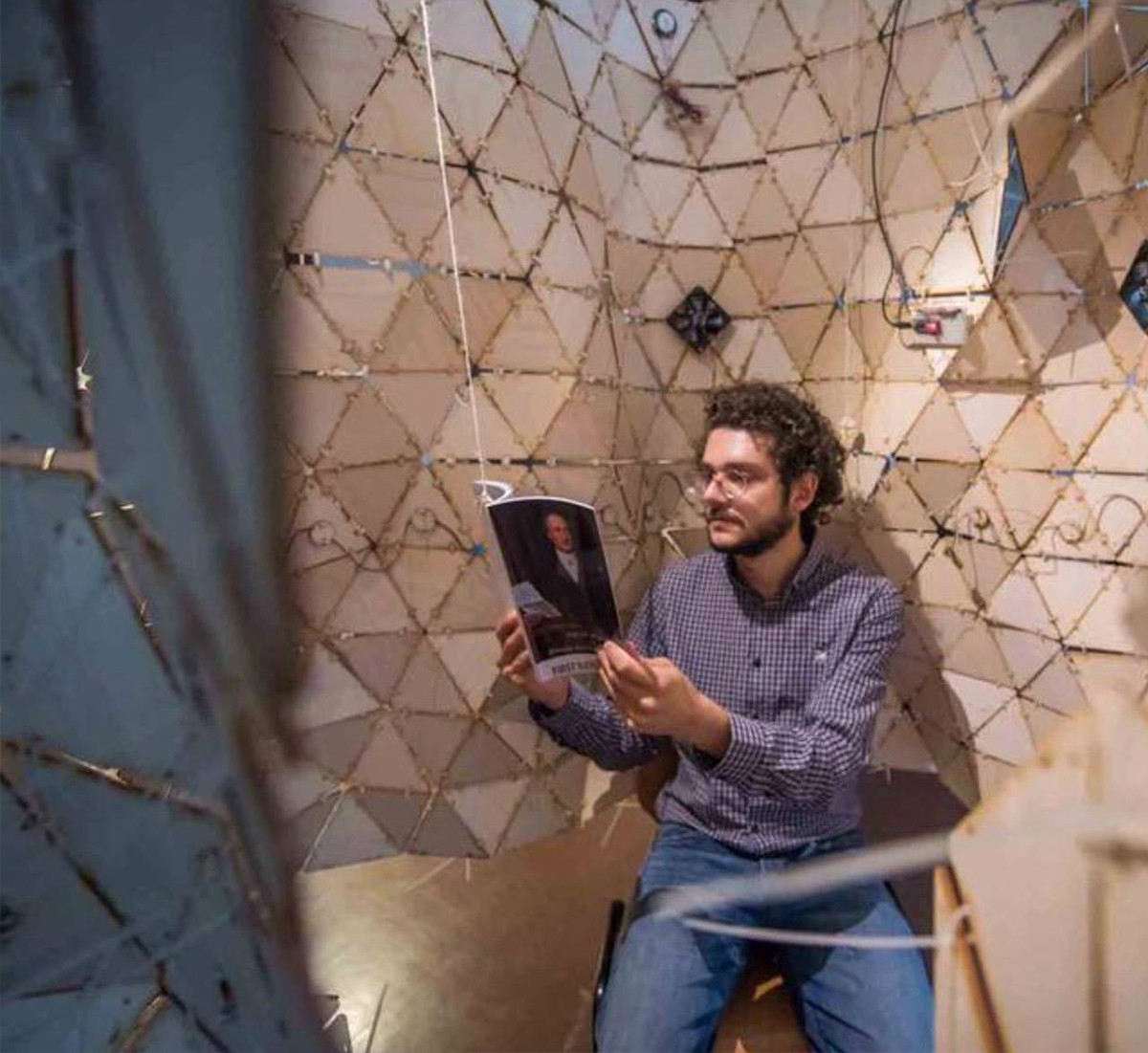X-Change-Room | Elective Affinities
Master Thesis

Since 1990, digital technology, underpinned by personal computing and the World Wide Web, has advanced at an exponential rate. The complexities of the technology affecting architectural work have vastly increased as well. Such transformative technological innovations compel the re-examination of architecture’s disciplinary conventions and open up new opportunities for experimentation. This Thesis explores “ambient displays” within such a technological milieu and reflects on their potentials and challenges as building façade. It comprises two parallel trajectories: a theoretical survey and a demonstrative design project. It first seeks to develop design methods and techniques that incorporate the theories of perception and semiotics. Next it explores ambient displays as a communicative medium of architecture that augments semiosis and cognition.
The theoretical survey presents historical precedents that illustrate how architecture serves as signs as well as meaningful ambient display systems. This part also examines the influence of the “ubiquitous computing” on the discourse of architecture and built environment. The project-based part develops a novel, ambient display system in order to demonstrate the communicative potentials and how such displays contribute to the design of building façades. The thesis research culminates in a full-scale installation of the functioning ambient display system “X-change Room” that encourages public discussion and exploration.
University at Buffalo, Associate Professor Omar Khan, Associate Professor Marc Böhlen
Bauhaus University, Prof. Bernd Rudolf
2015/2016









